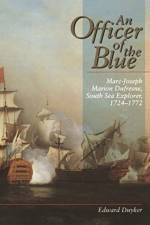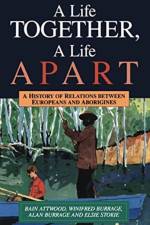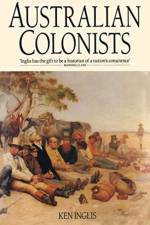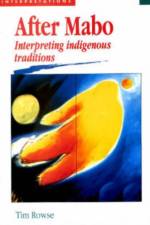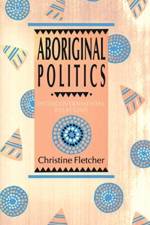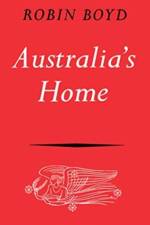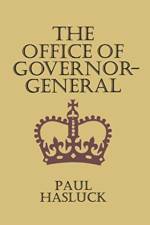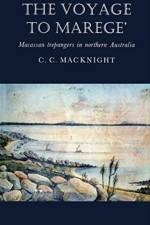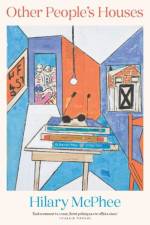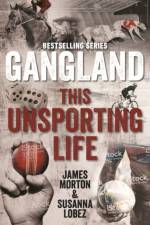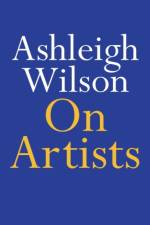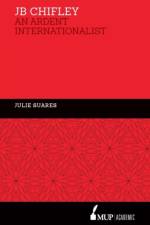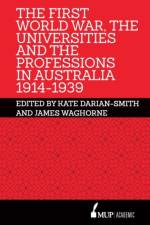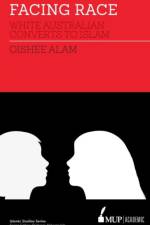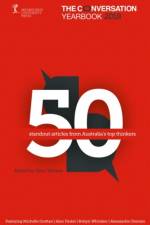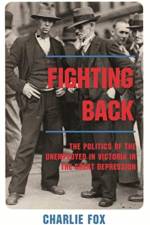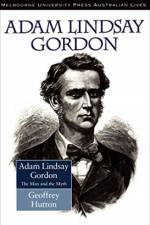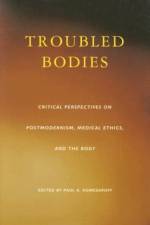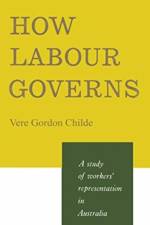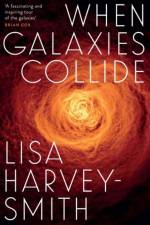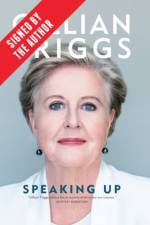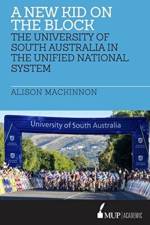- An Infantryman's Story
av John Essex-Clark
461
Original publication date: 01/01/1992Brigadier Essex-Clark who has led in battle Malay, South African, Rhodesian, Vietnamese, British, New Zealand, US and Australian soldiers, writes particularly for today's young soldier to whom he can declare-'I have no angst about being a soldier'.Maverick Soldier is the forthright, nuts-and-bolts account of John Essex-Clark's unmatched experience as a warrior, leader and teacher. Its telling is all of a piece with the man himself-bluff, astute, no-nonsense.In the course of stumbling, as he puts it, from the rank of private to brigadier, Essex-Clark has fought in wars with the Australian, British, United States and Rhodesian armies, and has led in battle Malay, South African, Rhodesian, Vietnamese, British, New Zealand, United States and Australian soldiers. In peacetime came tours of duty in North America and Western Europe.Nicknamed 'Digger' by the Rhodesian Army and 'The Big E' in the Australian, he led by force of personality, drive, common sense and self-confidence.Military readers and armchair witnesses to war will be challenged by his trenchant and timely views on army obsession with technology and the paucity of subtle tactical thinking. Various controversies are aired: whether we were 'pussyfooters' in Vietnam; bastardization at Duntroon; how best to conduct counter-terrorism. He is angered by what he sees as a 'surfeit of military dilettantes and budding bureaucrats and a dearth of warrior-chiefs'.Always one to lead from the front and to trust the courage and good sense of the ordinary infantryman, his interests have been strategy and battle tactics, leadership and training. He writes particularly for today's young soldier whom he loves with an old fashioned generosity, and to whom he can declare with conviction, 'I have no angst about being a soldier'.

